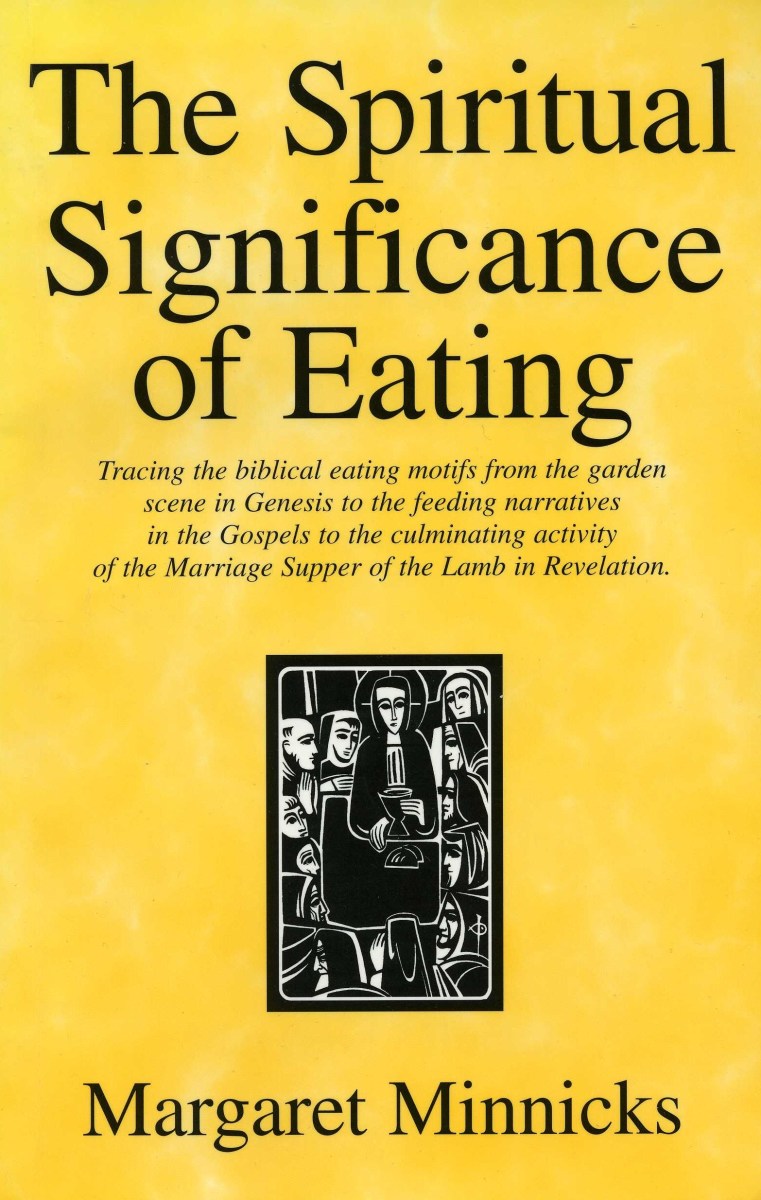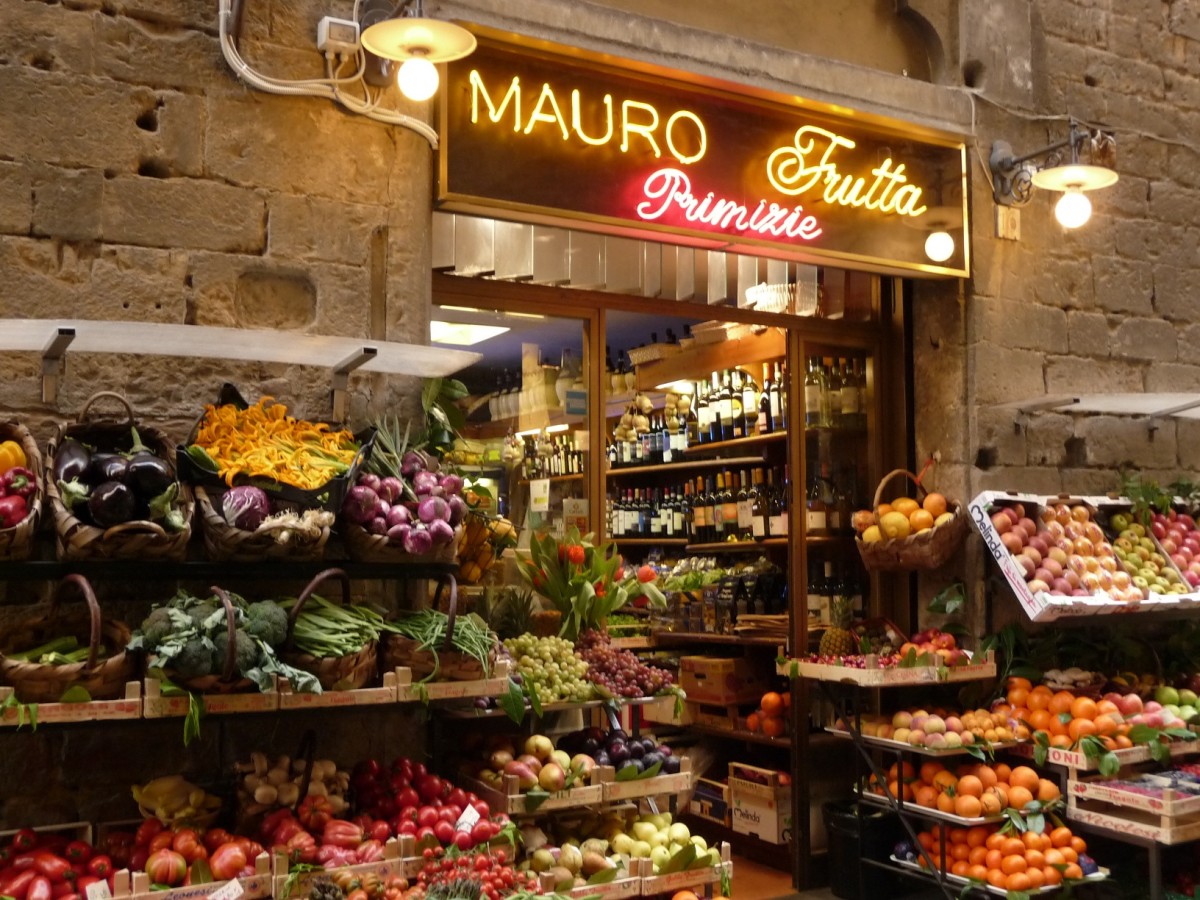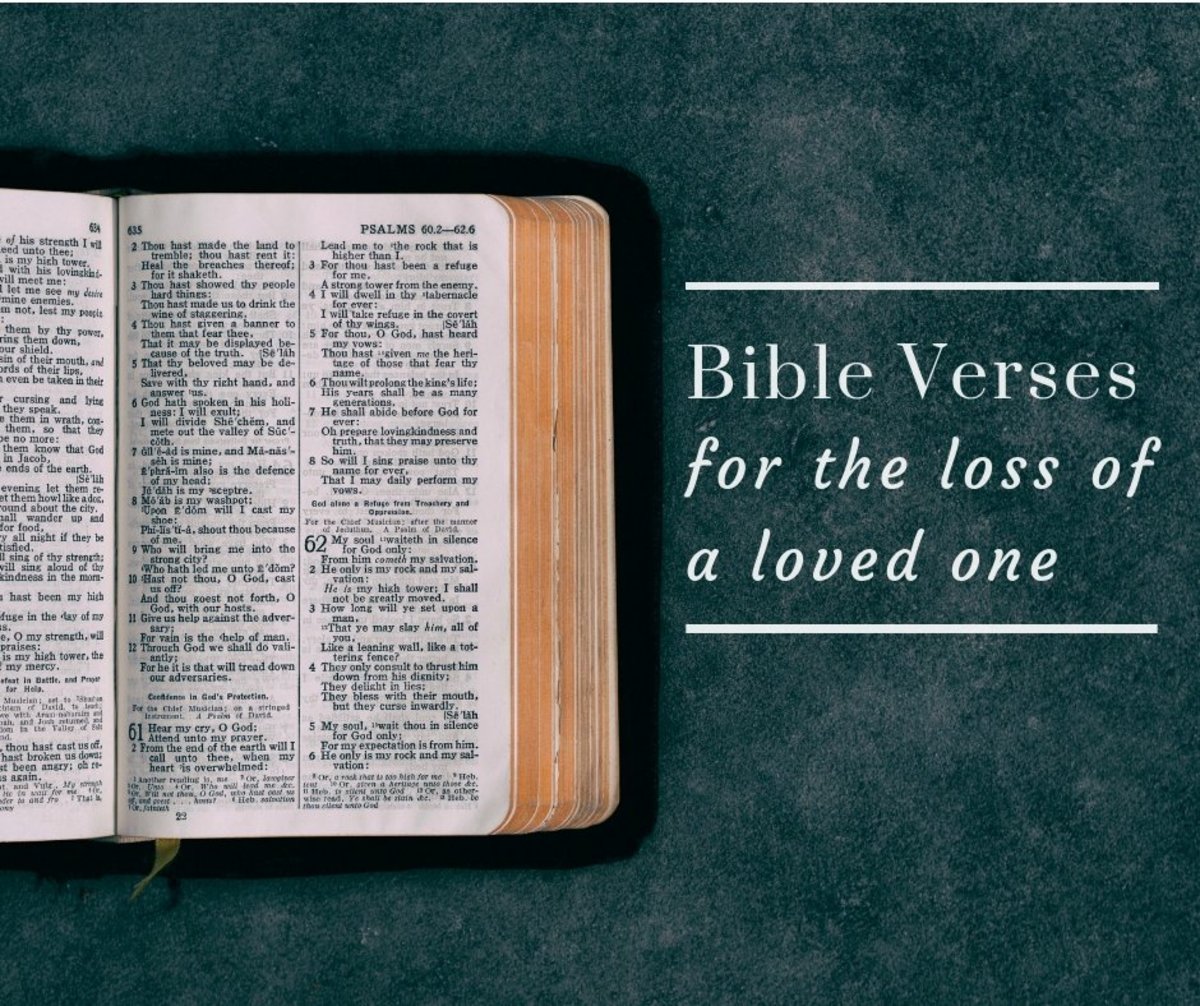'The Spiritual Significance of Eating' Book: Do Not Eat Without Joy
The Joy of Eating
God permits and commands us to enjoy eating. Ecclesiastes tells of having joyful freedom to eat and drink, "Go eat your bread with enjoyment, and drink your wine with a merry heart" (Ecclesiastes 9:7. Examples of eating are associated with joy throughout the book of Ecclesiastes.
It is dangerous to eat without joy. "Better is a dry morsel with quiet than a house full of feasting with strife" (Proverbs 17:11). Gourmet meals cannot solve life's problems if they are served with anger, bitterness, resentment, or unforgiveness.
Solomon, the richest and wisest man who lived during his day, ate and drank and was merry. He said, "Better a small serving of vegetables with love than a fattened calf with hatred" (Proverbs 15:17).
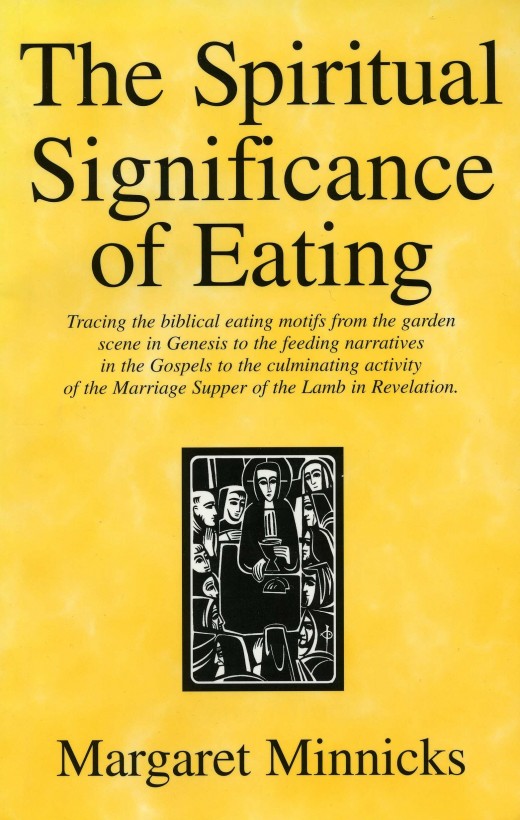
The Abuse of Eating
As early as in the book of Genesis, God made provisions for food. With that provision came responsibility and accountability. For we see in the very next chapter, God set up boundaries. The first sin in the Bible involved food,
For the disobedience of God's commandment, eating resulted in a reversal of God's original perfection. As a result of disobedience of Adam and Eve, food was not eliminated as punishment. It is still a provision from God, but the method of obtaining it has been altered. God told Adam he had to work by the sweat of his brow for his food instead of having it provided for him as it was in the Garden of Eden.
Food and drink are gifts of God, but they can be abused when their true purpose is misused. The Bible gives a warning against gluttony and drunkenness, Food can be a catalyst for sinning if we drink to excess and make food our idol. Instead, we should keep our eyes focused on the Provider and not on what is provided; on the Giver and not on the gift.
Gluttony is the reversal of what God intended eating to be
In her book, Breaking Bread, Sara Covin Juengst, says, "Food, like all good gifts, risks abuse. God's providential care does not exempt us from our responsibility. How can we celebrate the gift of food in ways that glorify the Giver? How can we use meal times to strengthen our bonds with those we meet, both family and strangers? How can we use food to enrich and enlarge our worship, our play, our health, and our compassion?"
Manna turned to maggots because of greed (Exodus 16:18-27). Some Israelites died from eating too many quails (Numbers 11:33).
The scriptures offer a word of caution to all who risk being "overfed" and who live in a land where obesity is the nation's largest health problem. It is found in the prayer in Proverbs 30:8-9, "Give me only as much food as I need. If I have more, I might say I do not see you." Paul reminds us that "those who do not follow Christ are headed for destruction; their god is their belly; and their glory is their shame; their minds are set on earthly things" (Philippians 3:19).
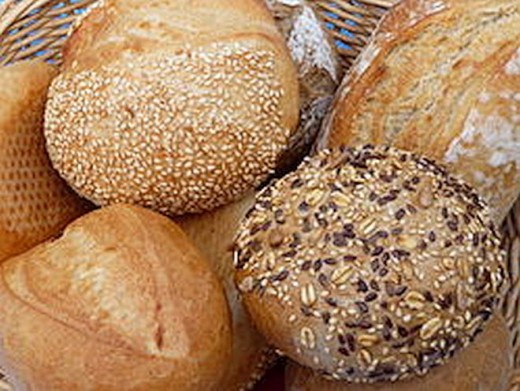
Jesus put food in its proper perspective
Jesus did not teach us directly how to eat. From the scriptures, we can conclude that Jesus was physically fit. He exercised by walking constantly around Judea even though He ate at tables with sinners, outcasts, and in the homes of Zacchaeus, Simon the leper, and Mary and Martha. He ate regularly with His disciples and encouraged others to eat. In fact, Jesus provided food for them on separate occasions in the wilderness when He fed the five thousand and the four thousand.
Jesus did not tell anyone what not to eat. However, he did allow the disciples to eat whole ears of corn(Matthew 12:1). He did speak about keeping food in its proper perspective. "'Therefore I tell you, do not worry about your life, what you will eat or about your body" (Luke 12:22).
Warning about Eating
Eating or not eating has deep theological meaning. Eating habits have to do with much more than simply our digestive system. Eating disorders (overeating or undereating) provide a clue to an unresolved issue in a person's life that needs to be dealt with. God created humans with two empty places which need to be fed. One is the stomach; the other is the heart.
The stomach is a literal hole in our body that is to be fed with the proper amount of food. We often turn to the stomach when actually it is the heart that needs to be filled. "Blessed are those who hunger and thirst for righteousness, for they shall be filled" (Matthew 5:6).
When we fill our hearts with God's love, we do not need to turn to food to fill that void. Our relationship with God will help to discern which needs to be filled - our stomachs or our hearts.
(From The Spiritual Significance of Eating, Minnicks, pp.11-14)
- The Spiritual Significance of Eating: A Way to Bond With Others
The Spiritual Significance of Eating is a book by Margaret Minnicks that traces the biblical eating motifs from the garden scene in Genesis to the feeding narratives in the Gospels to the culminating activity... - The Spiritual Significance of Eating: A Way to Commune With God
There are many parallels between eating and communing with God as well as connections between the spirituality of eating and the sharing of meals with others. The first episode of eating starts in the very...

